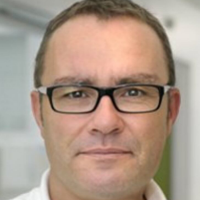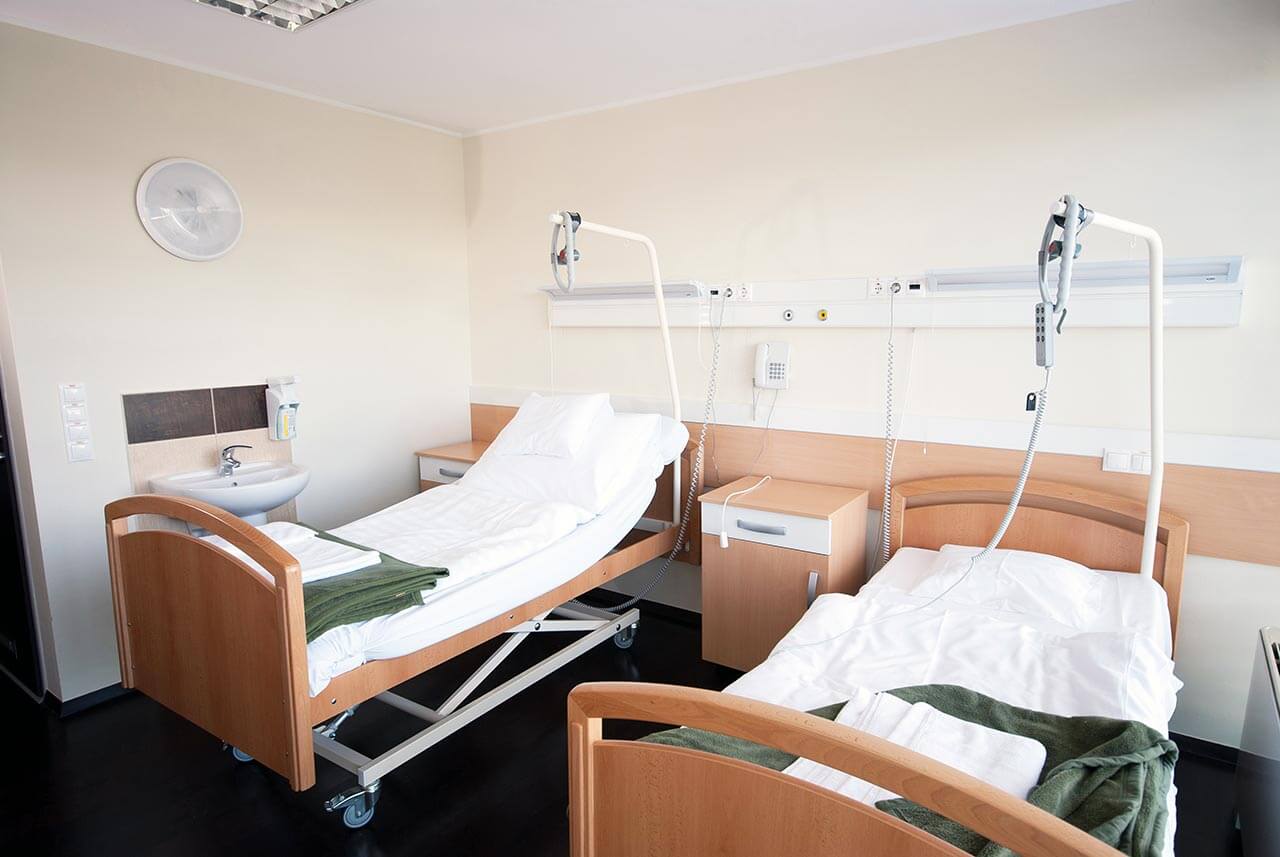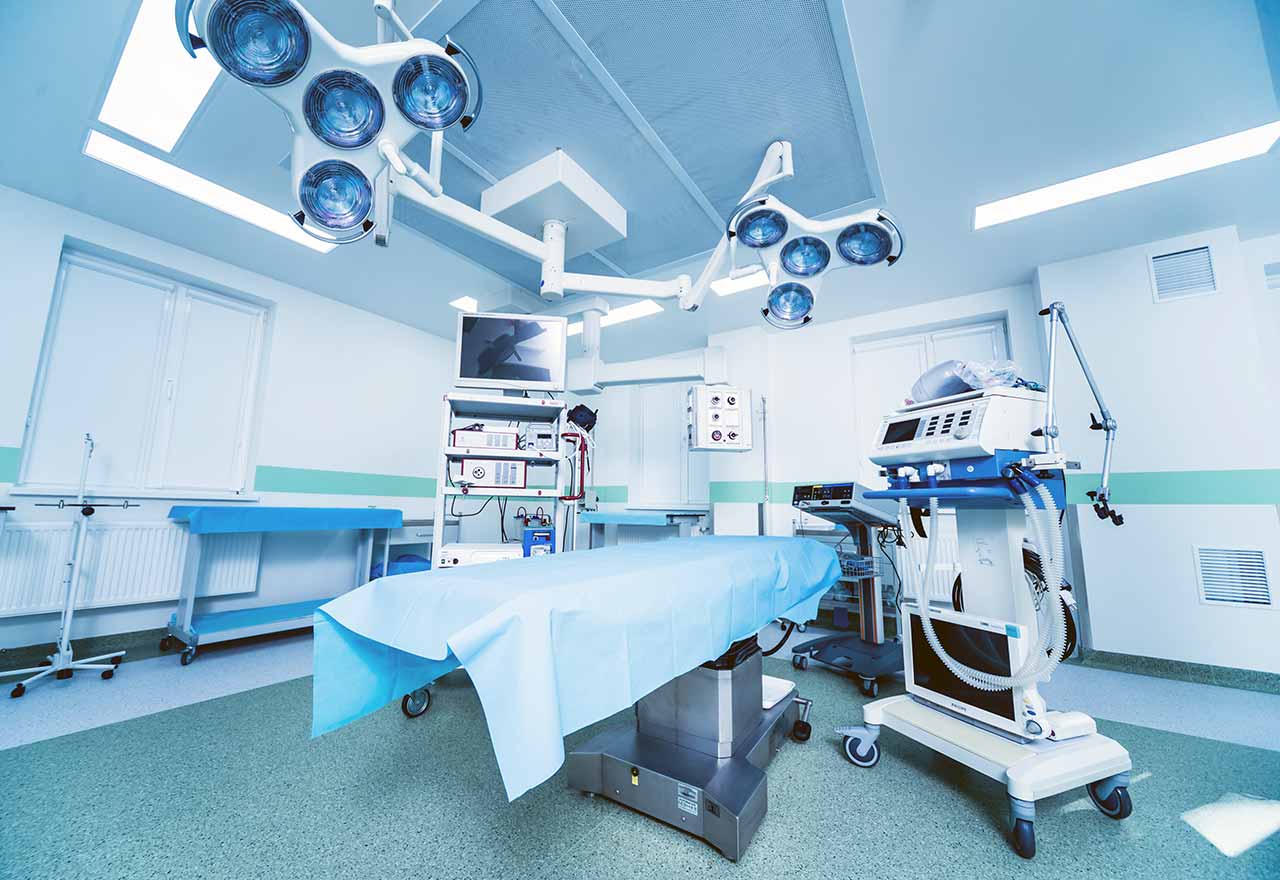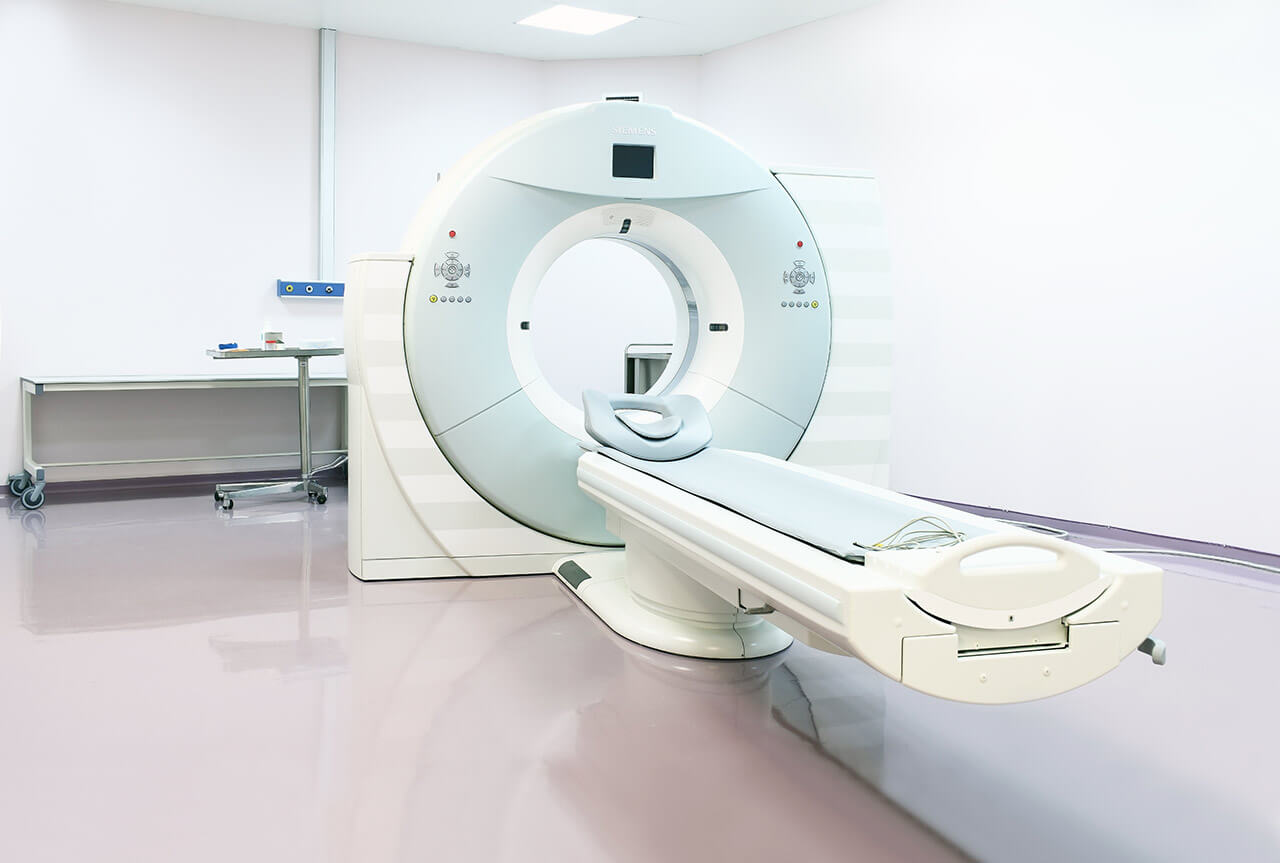
The program includes:
- Initial presentation in the clinic
- clinical history taking
- review of medical records
- physical examination
- laboratory tests:
- complete blood count
- general urine analysis
- biochemical analysis of blood
- TSH-basal, fT3, fT4
- tumor markers
- inflammation indicators
- indicators of blood coagulation
- CT scan / MRI of the abdomen and retriperitoneum
- abdominal and retroperitoneal ultrasound scan
- 1 course of chemotherapy
- nursing services
- consultations of related specialists
- treatment by head doctor and leading experts
- explanation of individual treatment plan
How program is carried out
During the first visit, the doctor will conduct a clinical examination and go through the results of previous laboratory tests and instrumental examinations. After that, you will undergo an additional examination, including laboratory assessment of liver and kidney function, ultrasound scan. Based on the received results, the doctor will elaborate the chemotherapy regimen. If necessary, related medical specialists will be involved in the elaboration of a treatment regimen (tumor board).
Chemotherapy is carried out as the inpatient procedure, with mandatory admission to the hospital. After the placement of a venous catheter, you will stay in a comfortable ward. An infusion system will be connected to the catheter, through which the required drug or a drug combination will be administered. All drugs are administered by intravenous drip, slowly, so the total duration of the infusion can be up to several hours. All this time, doctors and nurses will monitor your health condition closely.
After the course of chemotherapy, you will stay under medical supervision in the ward for a few more hours. After the completion of the chemotherapy course you will receive the medical report with detailed recommendations regarding further treatment. In the future, you will be able to have a distant consultation with your attending physician and schedule the next course of chemotherapy, if necessary.
Required documents
- Medical records
- MRI/CT scan (not older than 3 months)
- Biopsy results (if available)
Service
You may also book:
 BookingHealth Price from:
BookingHealth Price from:
About the department
The Department of Hematology and Oncology at the HELIOS University Hospital Wuppertal offers the full range of modern services for the treatment of malignant blood diseases and solid tumors of various localization. In the field of hematology, special attention is paid to the treatment of leukemias, lymphomas and myelodysplastic syndromes. The department's oncologists specialize in the treatment of breast, colon, pancreatic, lung cancers, as well as skin cancer, oncological diseases of the female and male reproductive system. Cancer is treated in accordance with modern medical standards, which is confirmed by the quality certificates of the German Cancer Society (DKG). The department's patients receive not only highly effective personalized treatment, but also attention to their personal needs and concerns. Whenever required, psycho-oncologists work with them to help overcome stress and gather strength to fight cancer. An interdisciplinary team of oncologists, surgeons, radiation therapists, chemotherapists, radiologists and other physicians takes care of the patients' health. The specialists meet on a weekly basis for a tumor board to individually consider each clinical case and plan the optimal treatment regimen. The Head Physician of the department is Dr. med. Oliver Schmalz.
Hematology is represented by a specialized team of doctors who carry out the diagnostics and treatment of various blood diseases – from anemias, thrombocytopenia, vitamin B12 deficiency to leukemias, lymphomas and myelodysplastic syndromes. To make a diagnosis, the department's doctors study the patient's medical history and listen to his complaints, since hematological diseases often cause general weakness, fever, suffocation, loss of appetite, skin pallor and other symptoms. This is followed by complete blood count, biochemical blood test and other laboratory tests. With appropriate clinical indications, the patient additionally undergoes myelography, tests for assessing blood clotting, molecular tests, immunological examination of bone marrow and peripheral blood cells, etc. After completing a comprehensive examination and making an accurate diagnosis, the department's doctors begin treatment, which is mostly based on the intake of an individually selected set of medicines. The department's specialists use effective chemotherapy regimens, targeted therapy, immunotherapy, radiation therapy and other treatments for malignant blood diseases. After completing the course of treatment, the patient is recommended to undergo follow-up examinations in order to prevent the development of a recurrence or to detect it at the early stage.
The treatment of solid malignant tumors is carried out in highly specialized centers: Breast Cancer Center, Colon Cancer Center, Pancreatic Cancer Center, Gastric Cancer Center, Esophageal Cancer Center, Skin Cancer Center, Lung Cancer Center, Prostate Cancer Center and the Gynecologic Cancer Center. Each of the centers has a quality certificate from the German Cancer Society (DKG), which attests to adherence to current medical standards, as well as to the safety of diagnostic and therapeutic procedures. The department's doctors have the necessary qualifications and clinical experience to provide patients with high quality cancer treatment, including at the advanced stages. Depending on the particular type of cancer, specialists develop the most effective treatment regimen for the patient, while striving to use sparing therapeutic techniques. In most cases, patients with solid malignancies require surgery. Whenever possible, minimally invasive surgical techniques are preferred, and for some cancers (such as prostate cancer) doctors carry out robot-assisted interventions using state-of-the-art da Vinci Surgical System. The doctors quite often use chemotherapy, radiation therapy, antibody therapy, hormonal therapy, immunotherapy, targeted therapy, and other treatments that can ensure a complete cure for cancer or a long-term remission. The team of the department's doctors provides high-quality palliative care to patients with incurable forms of cancer. The goal of palliative care is to relieve symptoms and improve the patient's well-being.
The department enjoys a reputation as one of the best German medical facilities specializing in cancer treatment. It has accumulated vast clinical experience in the fight against cancer, and the progressive technical base allows providing effective treatment using state-of-the-art medical advances. The department's doctors understand that many patients perceive the diagnosis of cancer as a death sentence, and therefore they devote enough time to personal conversations with patients and their loved ones, in every possible way supporting them on the way to recovery.
The priority areas of the department's work include the diagnostics and treatment of the following diseases:
- Hematology
- Benign diseases
- Anemias
- Thrombocytopenia
- Vitamin B12 deficiency
- Malignant diseases
- Leukemias
- Lymphomas
- Myelodysplastic syndromes
- Benign diseases
- Oncology
- Colon cancer
- Esophageal cancer
- Gastric cancer
- Pancreatic cancer
- Lung cancer
- Skin cancer
- Breast cancer
- Female genital cancers: cervical cancer, ovarian cancer, vulvar cancer
- Prostate cancer
- Other pathologies
The department's therapeutic options include:
- Surgical treatment of solid malignant tumors of various localization in cooperation with other departments
- Minimally invasive surgery
- Robot-assisted surgery (for some types of cancer)
- Open surgery
- Chemotherapy
- Radiation therapy
- Antibody therapy
- Hormone therapy
- Immunotherapy
- Targeted therapy
- Palliative care for advanced cancers
- Professional psycho-oncological care
- Other treatment methods
Curriculum vitae
Higher Education
- Study of Medicine at the Faculty of Medicine of the Ulm University.
Positions
- Since 2012 Head Physician of the Department of Hematology and Oncology at the HELIOS University Hospital Wuppertal.
Board Certification
- Board Certification in Hematology and Oncology.
Additional Qualifications
- Additional Qualifications in Palliative Care and Emergency Care.
Photo of the doctor: (c) Helios Universitätsklinikum Wuppertal
About hospital
According to the prestigious Focus magazine, the HELIOS University Hospital Wuppertal ranks among the top medical facilities in Germany!
The hospital rightfully enjoys the status of the maximum care medical facility and provides its high-quality services in all modern fields of medicine. The hospital operates on the basis of the Witten/Herdecke University, which was opened in 1982 and today is considered one of the best in Germany. Thus, many head physicians of the medical complex are in charge of the corresponding department at the university, which contributes to the close intertwining of research activities and clinical practice. The hospital has long traditions and its own values – the main goal of doctors is to provide comprehensive medical care focused not only on curing the disease, but also on the patient's personal needs.
The hospital has 1,000 beds. The doctors of the medical facility admit more than 50,000 inpatients annually. In addition, more than 100,000 outpatients undergo diagnostic and therapeutic procedures. Such high attendance rates speak for themselves and are undeniable proof of the high-quality medical service of the European level. The medical staff of the hospital has more than 2,500 employees, whose main task is to restore the patient's health and provide him with a decent quality of life.
The hospital has more than 26 specialized departments, as well as many narrowly focused centers and institutes dealing with the treatment of patients suffering from a particular group of diseases: Breast Center, Cancer Center, Cardiology Center, Trauma Center, Spine Center and others. The primary clinical focus of the medical center is cancer treatment.
For more than 25 years, the hospital has been running a special quality management system for medical care, which regulates the aspects of work of the medical staff, compliance with hygiene and safety standards during diagnostics and treatment. Consequently, patients can be sure that their health is in the safe hands of true professionals who work in accordance with the latest medical standards.
Special attention should be paid to the honors of the hospital for excellent patient care. The medical complex has quality certificates from the German Cancer Society (DKG), the German Trauma Society (DGU), the German Cardiac Society (DGK), the German Stroke Society (DSG) and other professional German societies.
Photo: (с) depositphotos
Accommodation in hospital
Patients rooms
The patients of the HELIOS University Hospital Wuppertal live in comfortable single, double, triple and quadruple rooms. Each patient room has an ensuite bathroom with shower and toilet. The standard room furnishings include a comfortable automatically adjustable bed, a bedside table, a wardrobe, a TV and a telephone. The hospital has Wi-Fi (free). For maximum patient comfort, there is a nurse call device on the bedside table. This device allows the patient to control the TV, radio, turn on or off the lights, and adjust the position of the bed.
The patients of the hospital are also offered accommodation in enhanced-comfort rooms. These rooms additionally provide a safe and a free minibar with soft drinks. The enhanced-comfort rooms also have a spacious bathroom with hairdryer, bathrobe, towels and toiletries.
Meals and Menus
The patients of the hospital are offered three meals a day: breakfast, lunch and dinner. The menu offers a variety of delicious dishes to suit all tastes, including dietary and vegetarian options.
The hospital also has a bistro where one can taste delicious hot dishes, cold snacks, desserts, as well as a cup of tea, coffee or refreshments.
The patients staying in enhanced-comfort rooms are offered a separate menu that includes a wider and more refined range of dishes. In addition, fresh fruit, tea, coffee and desserts are delivered to the patient room every day, if desired.
Further details
Standard rooms include:
Religion
The religious services are available upon request.
Accompanying person
During an inpatient program, your accompanying person can stay with you in the patient room or in the hotel of your choice.
Hotel
During an outpatient program, you can stay in the hotel of your choice. Our managers will help you choose the most suitable options.




